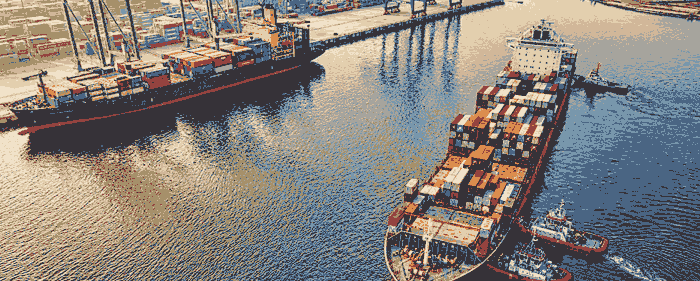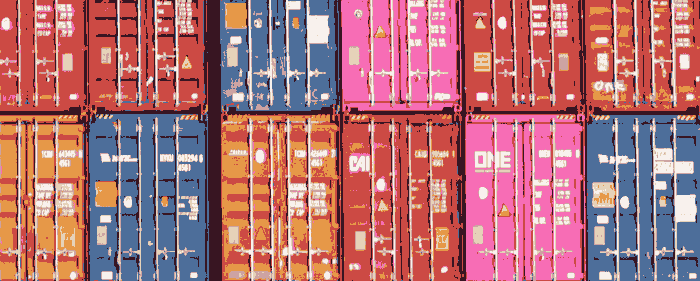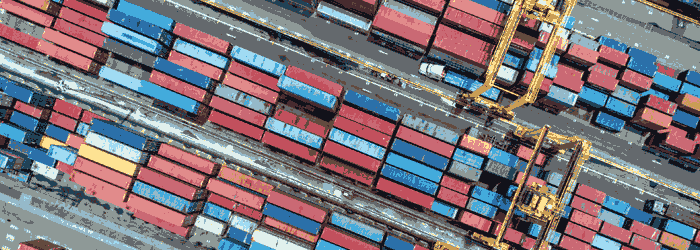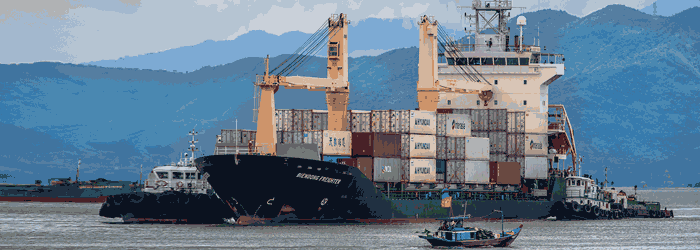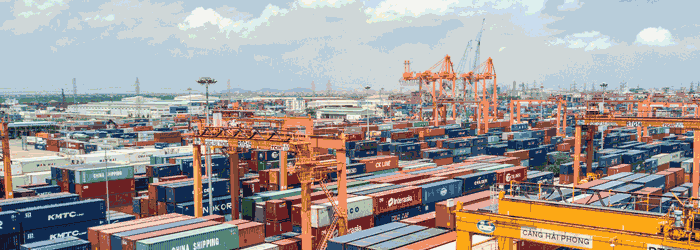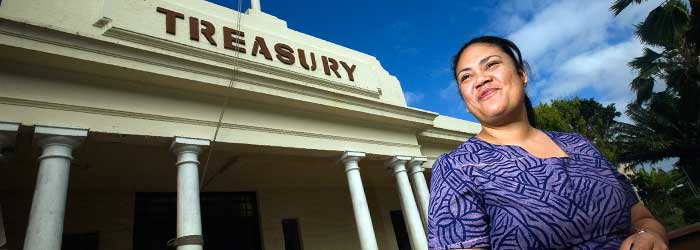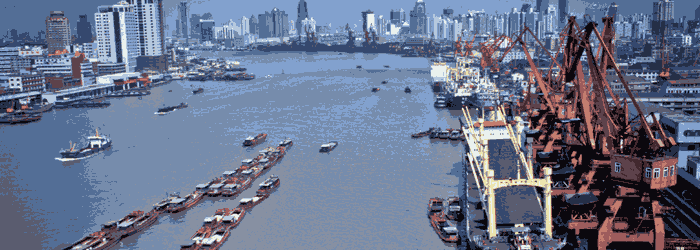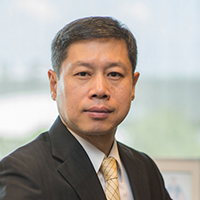
Jong Woo Kang
Previous Posts:
Asian Development Bank
Principal Economist at the Economic Research and Regional Cooperation Department
May 2011–December 2014
Asian Development Bank
Senior Advisor to the Managing Director General
May 2011–December 2014
Ministry of Finance, Korea
Director, Senior Deputy Director, Deputy Director
Apr 1993–Dec 2006
Education:
University of Washington
Degree Name Ph D Economics Field Of Study international trade Grade PhD
Dissertation published in Journal of Development Economics in 2005
Seoul National University
Degree Name MA and BS Field Of Study Economics
Jong Woo is a seasoned economist with extensive knowledge and experience on policy and strategic issues. He leads the publication of Asian Economic Integration Report. Jong Woo’s areas of research interest include regional integration, inclusive growth, macroeconomic and trade policies, and aid effectiveness.
Blog articles:
-
4Aug2022Reshore or Diversify? How to Reorganize the World’s Fragile Supply Chains
The time is right to rejigger global supply chains. One school of thought is to diversify those further away from places prone to disruptions due to economic, health, climate change and geopolitical issues.
-
20Nov2020RCEP is a gargantuan trade deal but will economies be able to make the most of it?
Around $164 billion, a majority of the expected income gains from RCEP, are forecast to accrue to Asia, and in particular the People’s Republic of China, Japan and the Republic of Korea – the so called “plus three countries,” which are estimated to gain the lion’s share of the income gains at $156 billion.
-
26Aug2020Extraordinary policy responses are needed as pandemic’s economic impact is felt
How wisely governments cope with current and long-term economic challenges caused by COVID-19 will be an important defining factor for the prosperity of our and future generations.
-
1May2020Ethical investing will reign after COVID-19. Here’s how companies can prepare
It’s variously known as responsible, ethical, or impact investing. Whatever the name, investing in pursuit of both financial return and socially desirable outcomes, or at least to avoid undesirable ones, has gained remarkable traction over the past decade or so.
-
20Dec2018Will trade tensions dim Christmas lights?
This holiday season Christmas tree lights will continue to flicker despite the US-PRC trade tensions. But if the conflict rages, they may be dimmer a year from now.
-
8Oct2018US bond yield curve: Should we worry if it inverts?
The US keeps posting robust expansion, with a whopping 4.2% of annualized quarter-on-quarter growth in Q2 2018, the fastest since Q3 2014, keeping policy makers and academics carefully watching how long the growth momentum will persist.
-
31May2018Should emerging markets worry about higher interest rates and a strong dollar?
Jong Woo Kang, ARIC's Project Leader and ADB's Principal Economist, discusses how the rising interest rate and stronger dollar herald tighter credit markets and the possibility of flow reversals.
-
23Mar2018How can the changing trade landscape reshape global imbalances?
In the future, many Asian economies may not accumulate huge trade surpluses or foreign financial assets as quickly as now.
-
20Feb2018How do deepening global, regional value chains affect national export performance?
On his latest ADB Blog, Jong Woo Kang, ARIC's Project Leader and Principal Economist, talks about the evolving relationship between export performance and production network or value chains.
-
12Dec2017How can the TPP without the US still make sense?
Jong Woo Kang, ARIC's Project Leader and ADB's Principal Economist, explains why the remaining 11 countries still have good reason to maintain the #TPP momentum.
-
23Nov20173 ways Asian economies can prepare for a financial market downturn
On the one hand, the global economy is enjoying a robust and synchronized recovery. On the other hand, however, central banks are maintaining an extremely cautious stance on acting on this and switching gears back to the normal policy level.
-
13Nov2017Seizing the opportunity to prolong Asia’s trade growth momentum
The global trade slowdown of 2015-2016 had several causes. The first and main one is the weak global economic recovery. Yes, the global economy has been in an expansion phase. And yes, we are seeing sustained and synchronized global economic growth both in rich and emerging economies.
-
26Apr2017Benefits of good governance outweigh the costs
Good governance is too broad a concept to be covered under a single political system in any country. But the crucial factor underpinning effective governance is where the decision-making authority lies, and how it is exercised. Authority should be accompanied by accountability and responsibility, without which good governance cannot be enshrined into any system.
-
30Jan2017What type of protectionism should we fear?
US President Donald Trump recently signed executive orders to withdraw the US from the Trans-Pacific Partnership (TPP) and renegotiate the North American Free Trade Agreement (NAFTA). Both moves suggest his pre-election rhetoric of criticizing the current international trade regime is being translated into concrete action.
-
14Nov2016What did we learn from the US election on globalization, trade?
The outcome of the US presidential election on 9 November was historic in that it provides a yardstick against which to assess where popular sentiment is heading on important issues such as globalization, inequality, and international trade.
-
28Mar2016Developing countries should not worry yet about Wall Street bashing
Wall Street bashing is always in vogue during election time, as we are observing in the run-up to the US presidential election. Is this because financiers and bankers deserve punishment for their greedy and reckless behavior that adds no value to the economy? Or are they simply political footballs?
-
2Mar2016Time to go back to the basics to benefit more from trade
So what drives this new trend? ADB’s recent Asian Economic Integration Report 2015 highlights cyclical factors such as weak global demand, as well as potential structural factors like slower expansion of global value chains, and growth moderation and structural transformation in the People’s Republic of China (PRC).
-
23Feb2016Will Kaesong shutdown mark the end of a unique SEZ experiment?
The decision of the Republic of Korea to shut down the Kaesong Industrial Complex on 10 February in the wake of North Korea’s nuclear test and subsequent long-range missile test rattled the Republic of Korea’s stock market.
Related Media:
 Asian Economic Integration Report 2016 Launch - Almaty, Kazakhstan
Asian Economic Integration Report 2016 Launch - Almaty, KazakhstanOther publications:
- Kang, Jong Woo & Magoncia, Grendell Vie, 2016. "How to Fill the Working-Age Population Gap in Asia: A Population Accounting Approach," ADB Economics Working Paper Series 499, Asian Development Bank.
- Kang, Jong Woo, 2016. "International Trade and Exchange Rate," ADB Economics Working Paper Series 498, Asian Development Bank.
- Kang, Jong Woo, 2015. "The Noodle Bowl Effect: Stumbling or Building Block?," ADB Economics Working Paper Series 446, Asian Development Bank.
- Kang, Jong Woo, 2015. "Interrelation between Growth and Inequality," ADB Economics Working Paper Series 447, Asian Development Bank.
- Eicher, Theo & Kang, Jong Woo, 2005. "Trade, foreign direct investment or acquisition: Optimal entry modes for multinationals," Journal of Development Economics, Elsevier, vol. 77(1), pages 207-228, June.
